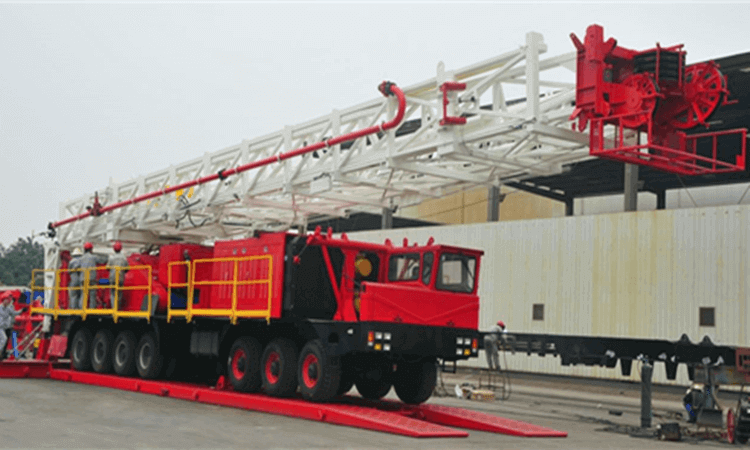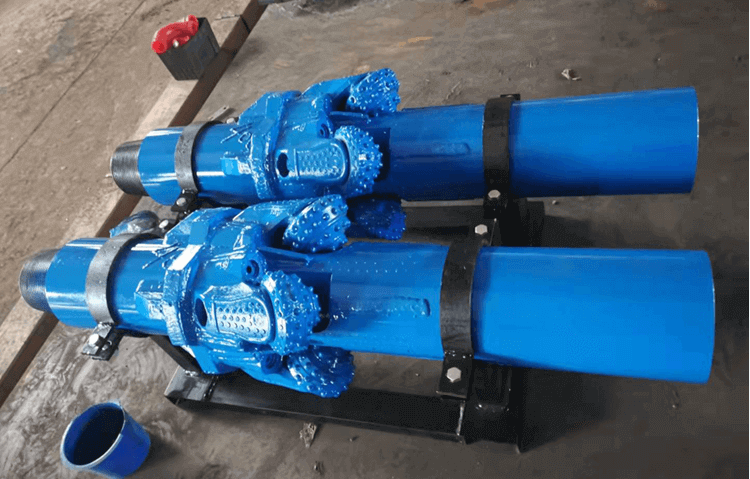How to Prevent Corrosion in Oil Casing?
In addition to drill pipes, oil casings are also critical components in the drilling process, playing a crucial role in enhancing wellbore stability and protecting oil wells from the adverse effects of the underground environment. However, due to the harsh underground conditions, oil casings are susceptible to corrosion and abrasion, which can lead to serious issues.
Ensuring the corrosion resistance of oil casings is of paramount importance to maintain wellhead stability, ensure safe oil well production, and reduce environmental risks. To guarantee their performance and longevity, various corrosion prevention methods are necessary. Here are some common approaches:
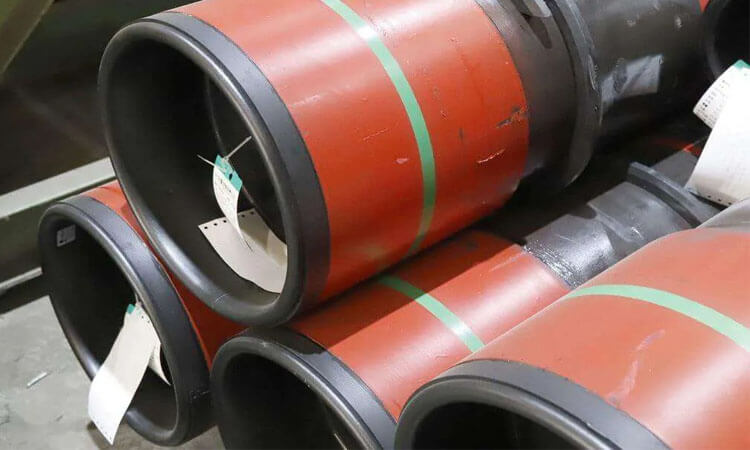
Coating Protection: The surfaces of casings and tubing can be coated with anti-corrosion coatings to create a barrier against corrosive elements in the environment. Common coatings include epoxy resin coatings and polyethylene coatings, which effectively shield against water, saline solutions, acids, alkalis, and other corrosive substances.
Material Selection: Choosing materials with high corrosion resistance, such as stainless steel or corrosion-resistant alloys, can reduce the risk of corrosion. These materials have longer lifespans in harsh environments.
Corrosion Inhibitors: Adding corrosion inhibitors to drilling fluids can mitigate the corrosive impact on casings and tubing. These chemicals reduce the corrosion rate.
Regular Inspection and Maintenance: Periodically inspecting the surfaces of casings and tubing to promptly detect signs of corrosion and taking necessary maintenance measures, such as cleaning, coating repairs, and replacing damaged components, is essential.Inspection and cleaning are both very important for drilling tools. I mentioned earlier in "Precautions Before Lowering the Drill Pipe into the Well" about the inspection and maintenance of drill pipes, especially cleaning.
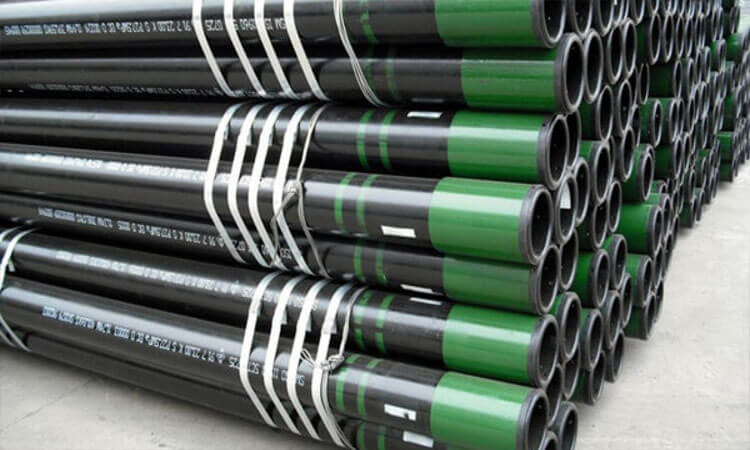
Cathodic Protection: Cathodic protection is a method that involves applying an electric current to casings and tubing to prevent corrosion. This typically includes using cathodic protection systems to safeguard metal surfaces from corrosion.
Injection of Inhibitors: Injecting corrosion inhibitors into the wellbore helps protect casings and tubing from underground corrosion factors. In cases of severe microbial-induced corrosion (MIC) or slow growth of sulfate-reducing bacteria (SRB) in high-temperature conditions, periodic injection of high-temperature water or steam into the annulus can kill the SRB.
Environmental Monitoring: Ensuring water quality meets standards, conducting strict water quality testing and management, implementing separate mud circulation, and enhancing cleaning of the main water pipes are essential practices. This minimizes the introduction of corrosion sources into the annular space. Regularly monitor underground environmental changes, including temperature, pressure, water quality, and corrosion rates, and take timely measures.
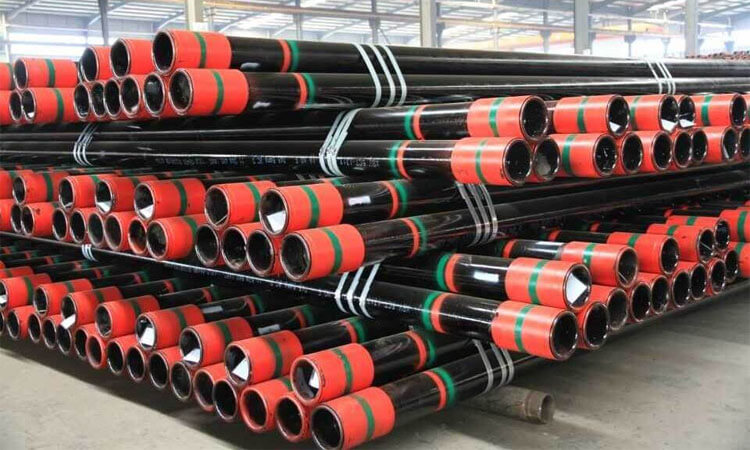
In conclusion, protecting oil casings from corrosion is vital for the success and sustainability of drilling operations. Utilizing a combination of these corrosion prevention methods tailored to specific conditions and environmental factors is crucial to safeguard the performance and longevity of oil casings in challenging underground environments.

